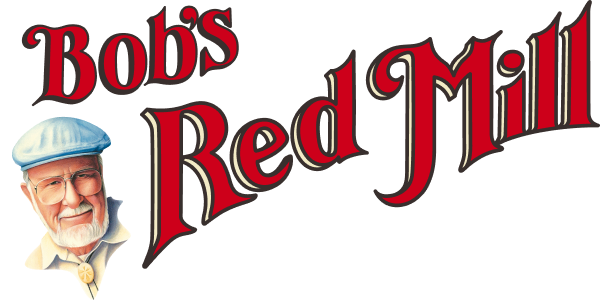


 So, why do some people follow a low carb diet if carbohydrates are so crucial? In most cases, low carb diets don't restrict individuals from consuming carbs entirely but instead emphasize the importance of consuming healthy carbs. Low carb diets may be followed for various health reasons, one of which is type 2 diabetes. When following a low carb diet like a ketogenic diet, individuals are encouraged to stick to a low carb, moderate-protein and high-fat eating plan. The goal is to reduce individuals' daily carb intake to 20-50 grams per day, putting the body into a state of ketosis. When in ketosis, your body burns fat for fuel instead of carbohydrates.
So, why do some people follow a low carb diet if carbohydrates are so crucial? In most cases, low carb diets don't restrict individuals from consuming carbs entirely but instead emphasize the importance of consuming healthy carbs. Low carb diets may be followed for various health reasons, one of which is type 2 diabetes. When following a low carb diet like a ketogenic diet, individuals are encouraged to stick to a low carb, moderate-protein and high-fat eating plan. The goal is to reduce individuals' daily carb intake to 20-50 grams per day, putting the body into a state of ketosis. When in ketosis, your body burns fat for fuel instead of carbohydrates.
 Serving size: 1/3 cup (50g)
Calories 190
Total Fat 0.5g
Saturated Fat 0g
Trans Fat 0g
Cholesterol 0mg
Sodium 0mg
Total Carbohydrate 39g
Dietary Fiber 2g
Total Sugars 1g
Protein 8g
Vitamin D 0mcg
Calcium 10mg
Iron 1mg
Potassium 71mg
Serving size: 1/3 cup (50g)
Calories 190
Total Fat 0.5g
Saturated Fat 0g
Trans Fat 0g
Cholesterol 0mg
Sodium 0mg
Total Carbohydrate 39g
Dietary Fiber 2g
Total Sugars 1g
Protein 8g
Vitamin D 0mcg
Calcium 10mg
Iron 1mg
Potassium 71mg
 Though couscous is not considered a low carb food, that doesn't mean that it's unhealthy. While it may not be suitable for individuals counting their daily carb intake, it's an excellent food for those looking to live a healthier lifestyle. Additionally, the subtle flavor of this pasta makes it easy to pair with anything. Use couscous as a method of introducing more vegetables into your diet by pairing it with grilled veggies, or serve it as a side to a lean protein like chicken or salmon.
Though couscous is not considered a low carb food, that doesn't mean that it's unhealthy. While it may not be suitable for individuals counting their daily carb intake, it's an excellent food for those looking to live a healthier lifestyle. Additionally, the subtle flavor of this pasta makes it easy to pair with anything. Use couscous as a method of introducing more vegetables into your diet by pairing it with grilled veggies, or serve it as a side to a lean protein like chicken or salmon.
 Searching for a low carb alternative to couscous? Traditional couscous substitutes like quinoa and brown rice contain similar amounts of carbohydrates. However, there are low carb alternatives that you can use to create some of the same dishesthe two most popular being: cauliflower rice and riced broccoli.
Searching for a low carb alternative to couscous? Traditional couscous substitutes like quinoa and brown rice contain similar amounts of carbohydrates. However, there are low carb alternatives that you can use to create some of the same dishesthe two most popular being: cauliflower rice and riced broccoli.
My boyfriend and I in our late 60s. He's overweight and needs to eat healthier , as I do too. He has heart and bp issues also. Thank you.